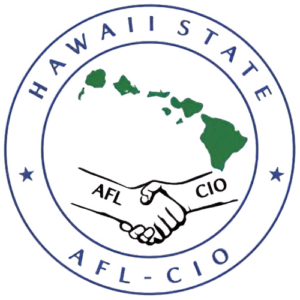The Senate Joint Committee on Higher Education and the Arts
and Committee on Judiciary and Labor
Thursday, February 5, 2015
1:30 p.m.
SB 637, Proposing an Amendment to the Hawaii Constitution to Divest Exclusive Jurisdiction of the Board of Regents of the University of Hawaii Over the Internal Structure, Management, and Operations of the University of Hawaii.
Dear Chairmans Taniguchi and Keith-Agaran and Committee Members:
The University of Hawaii Professional Assembly originally opposed the Constitutional Amendment that granted what was commonly called “autonomy” to the University of Hawaii on the grounds that the amendment was not about autonomy nor could the UH ever reasonably be autonomous and remain a public institution. Further, the language itself was always internally inconsistent since the Regents were given “exclusive jurisdiction” over internal operations, which they already possessed, but the Regents’ exclusivity was qualified by adding that it didn’t limit the Legislature to enact laws of statewide concern and the Legislature had the “exclusive jurisdiction to identify laws of statewide concern.”
SB 637 would restore the proper constitutional language with respect to the powers of the Regents. Again, it is not a bill autonomy.
What is needed is for the Regents to take responsibility for engaging in a broader public conversation over the expectations being placed on the institution by the citizens of the State and the programmatic demands initiated by the Legislature. Once those expectations are clear, the conversation then must turn to the sources of revenue necessary to provide the programs and services statewide. Where will those revenues originate from, and in what proportion?–tuition dollars, philanthropy, external contracts for research and services, or public funds authorized by the Legislature.
The University cannot be autonomous from the State of Hawaii and the State Legislature cannot control or micromanage the University for political outcomes. These principles are at the heart of what it means to be both a public endeavor and a university at the same time. The Constitution as currently constructed does not protect those principles.
Respectively submitted,
J.N. Musto, Ph.D.
Executive Director



